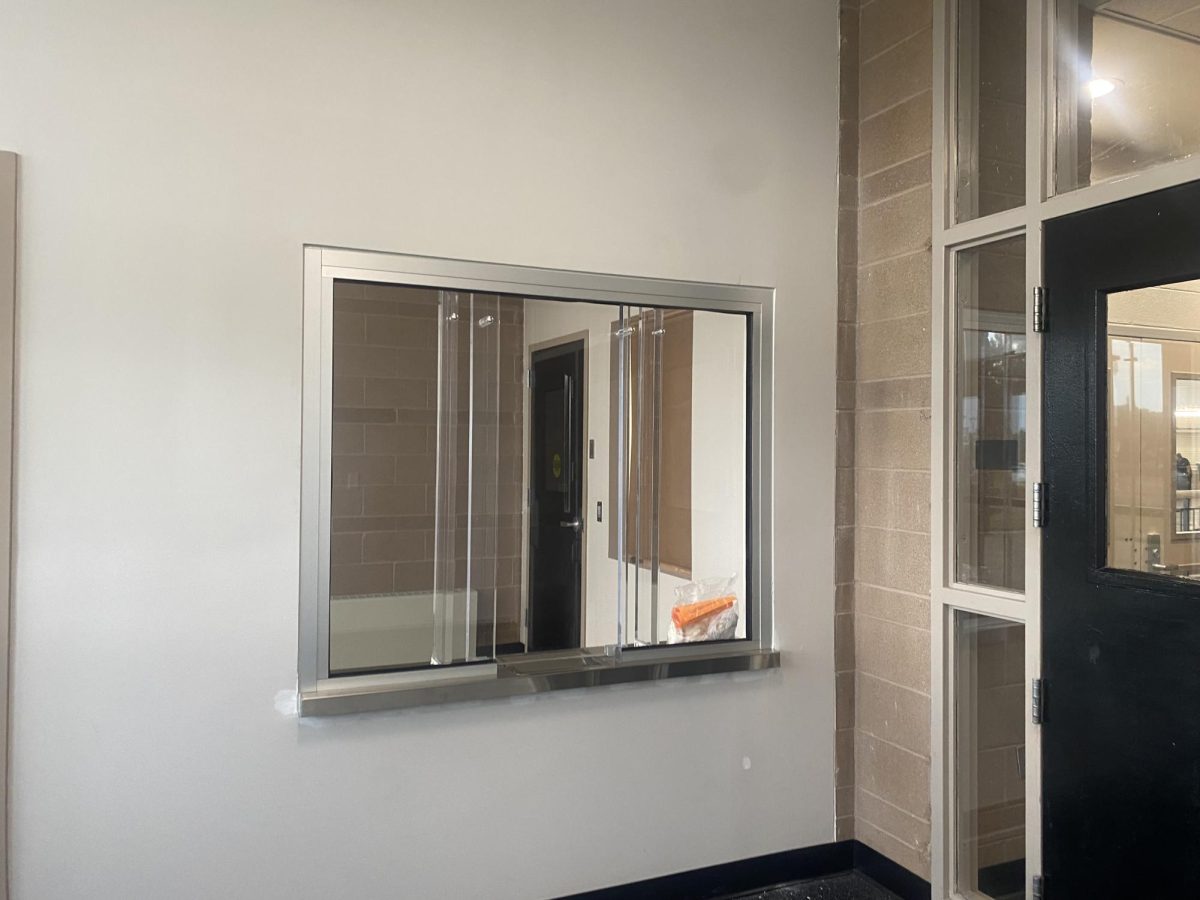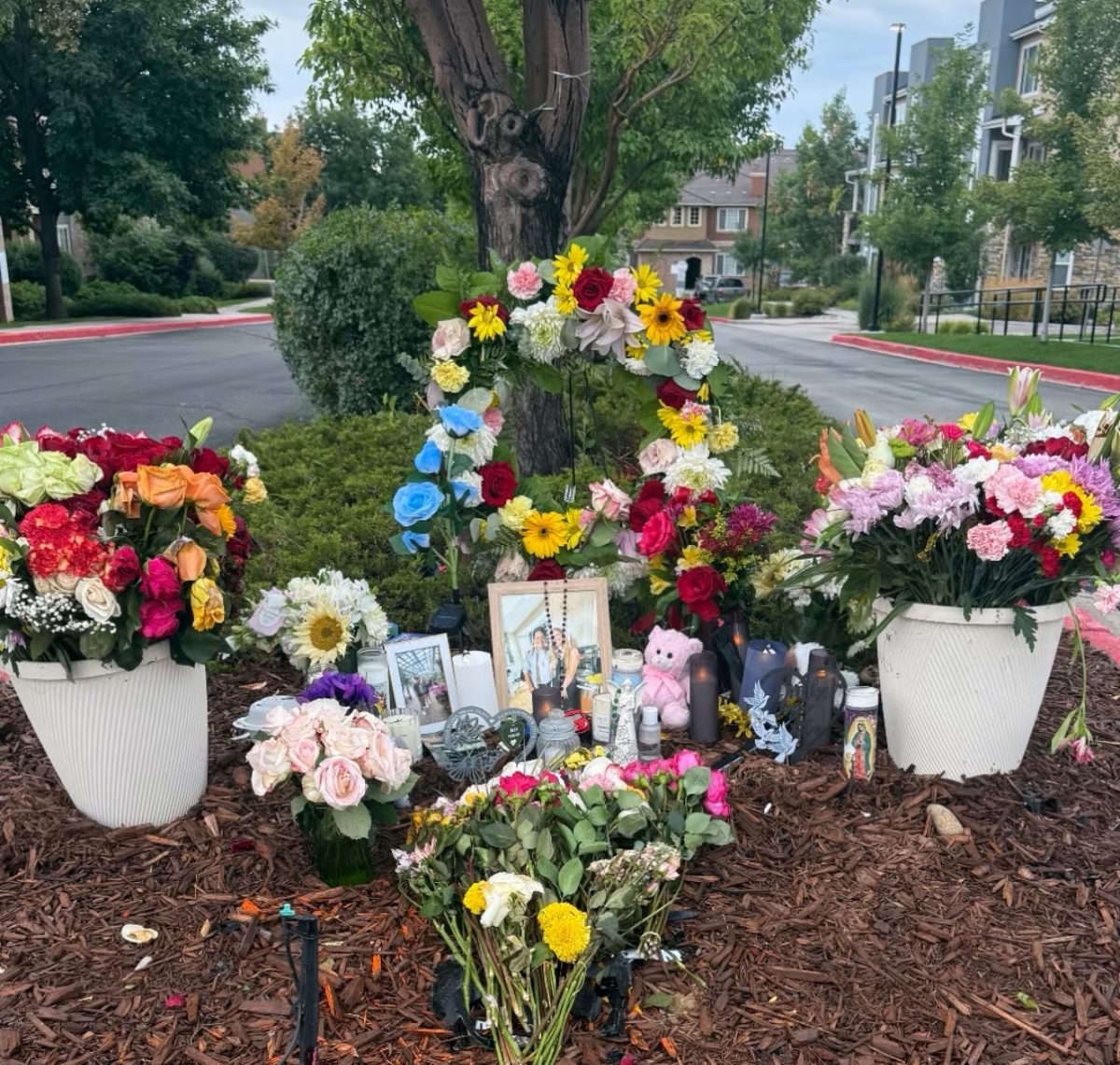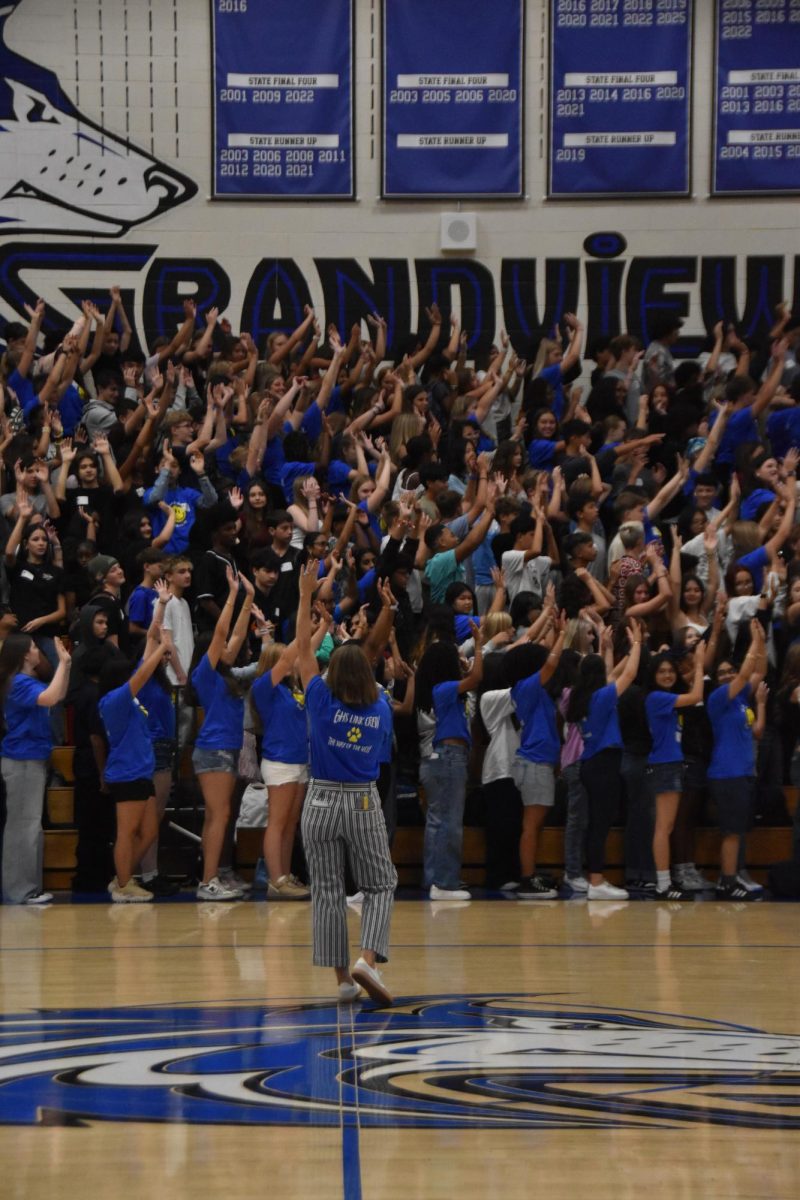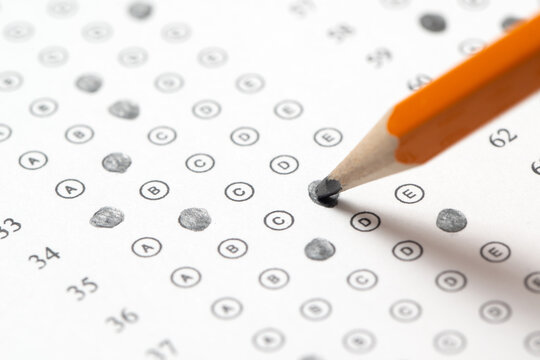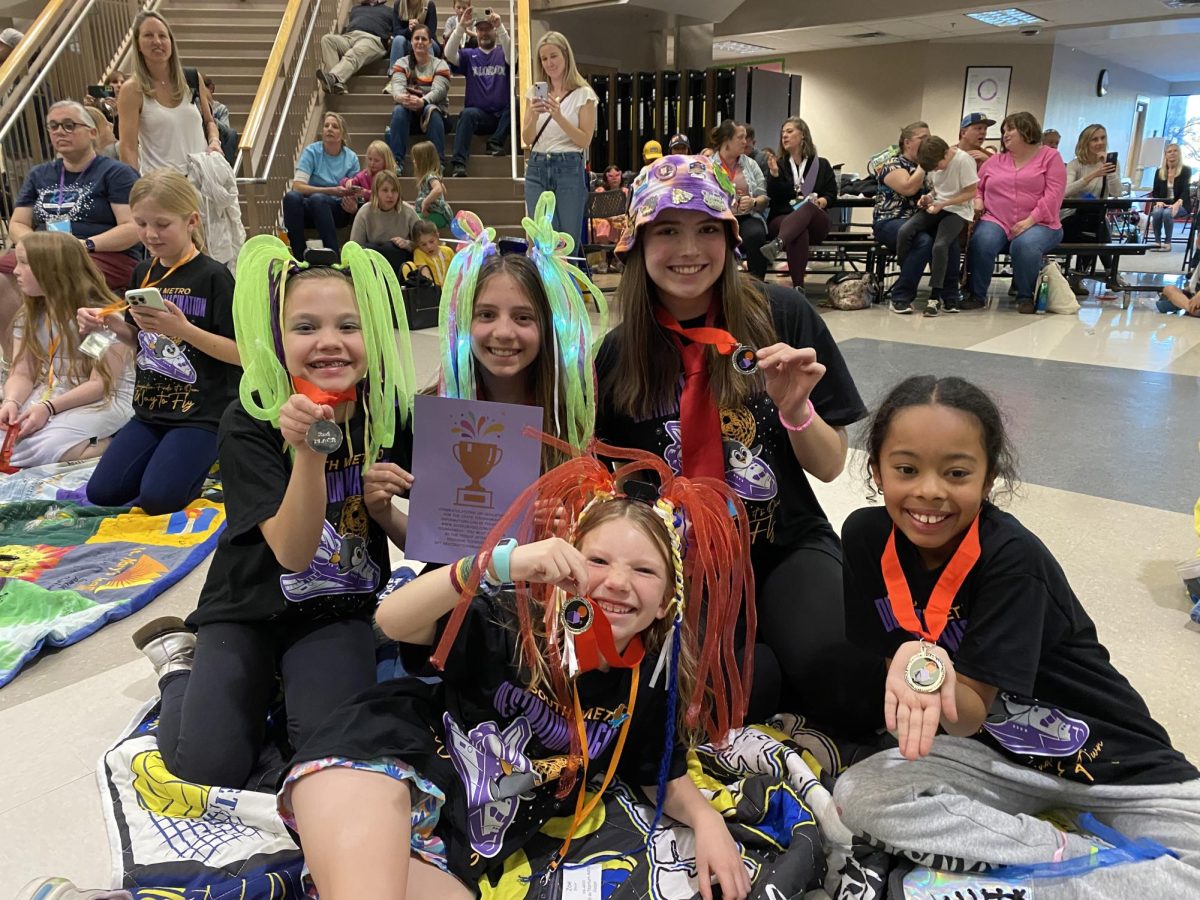In 2023, thirty-five teenagers in America lost their lives to drug overdose. Within that, twenty-seven died due to synthetic fentanyl. One of those twenty-seven was a student here at Grandview, named Adriana Marie Shadle. Her memory lives on with those she loved.
Adriana, or Adri, was born on October 9, 2006. I met her in seventh grade at Liberty Middle School, and we started our freshman year together in 2021. High school felt less intimidating with her by my side. We would attend football games or eat at Se֘nor Chicken, and she was always so full of life. Adriana’s close friends, Morgan Motazedi and Makenzi Malvits, describe her as outgoing, lively, and ethereal.
“She was not someone who apologized for being herself.” Makenzi said. “She was the type of person you would go to for advice, support, a second opinion, or for her honesty and loyalty when you needed a good friend by your side.”
Adri valued friendship and genuine connections. Her authenticity was magnetic, and many people loved her for that reason.
Her bold and intelligent nature made her intriguing and genuine. She was beautiful not only because of her colorful hair, tattoos, and piercings but also because of her radiant personality and
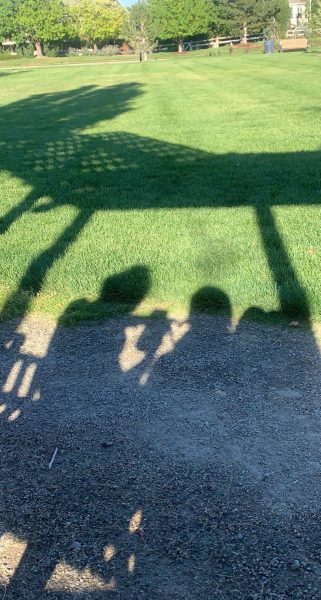
ability to bring people together.
“Adriana showed me what true friendship is. She showed me what unconditional love and support felt like,” said Makenzi.
The people who knew and loved Adriana feel her absence every day. She was a beautiful and strong soul who cherished everything around her. With that, the cause of her death does not define who she was as a person. Adriana, along with so many others, has lost her life due to a growing epidemic of synthetic drugs and inadequate overdose prevention.
“Denver is experiencing an unprecedented increase in overdose deaths,” Denver Medical Examiner said.
This is largely due to synthetic fentanyl, which is stronger than other opioids such as morphine. It is also undetectable without the use of substance testing strips. Thankfully, there is a medication capable of reversing an opioid overdose, called naloxone or Narcan.
This life-saving drug often comes in the form of a nasal spray that can be easily administered to a person. It works by blocking opioid receptors in the brain and restoring breathing. Unfortunately, nationwide access to naloxone may be restricted due to government budget reductions.
“Among the potential cuts listed in the budget proposal in April was a program that directly expands access to naloxone: a $56 million annual grant through the Substance Abuse and Mental Health Services Administration,” CNN reporter Deidre McPhillips said.
If these budget cuts are enacted, the nation is sure to face more overdoses and a larger opioid epidemic. Government programs such as SAMHSA and FR-CARA have provided thousands of naloxone kits to the public, as well as trained citizens on proper administration. By reducing funding to these programs, more lives will be put at risk every day.
It is crucial to understand that substance use will never disappear from society. It may not be possible to stop a person from using synthetic drugs; however, with education and access to prevention efforts, there can be a reduction in the number of overdoses.
Starting with knowing the signs of an opiate overdose:
- Slowed or irregular breathing
- Blue/Purple lips and fingertips
- Being unresponsive to sounds or touch
- Pinpoint pupils
- Pale skin
- Vomiting
If you believe you or someone around you is experiencing an overdose, call first responders immediately. If a person receives treatment in time, a fatal overdose can be avoided.
Many feel ashamed or afraid to speak up about their experiences with substances due to the stigma that surrounds them. However, the only way to help those struggling is to promote safe spaces for people to share their experiences and get potential help. This highlights the importance of sharing the stories of those who have passed and remembering them for their impact on the world, instead of what killed them.
More resources for support regarding mental health and substance use:
- SAMSHA’s National Help Hotline (1-800-662-4357)
- Colorado Crisis Services (844-493-8255)
- Young People in Recovery (720- 600-4977)



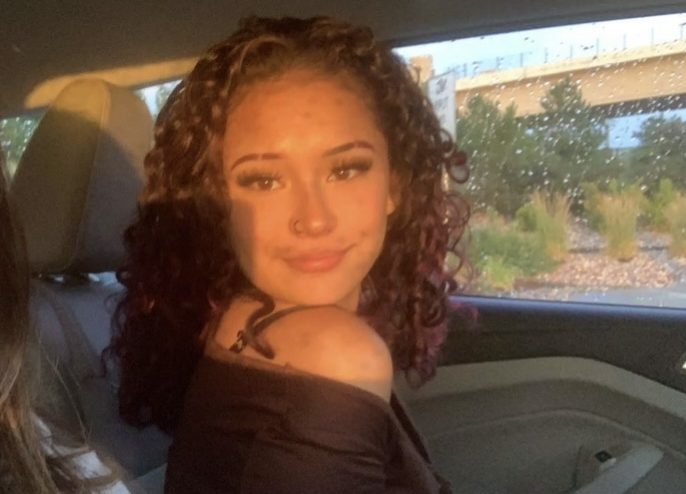
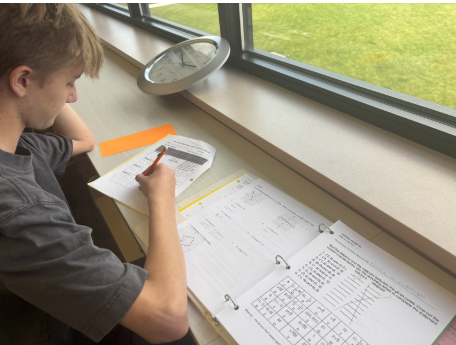
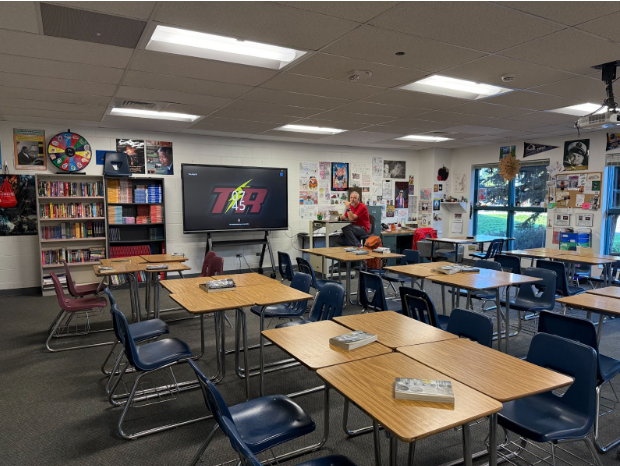
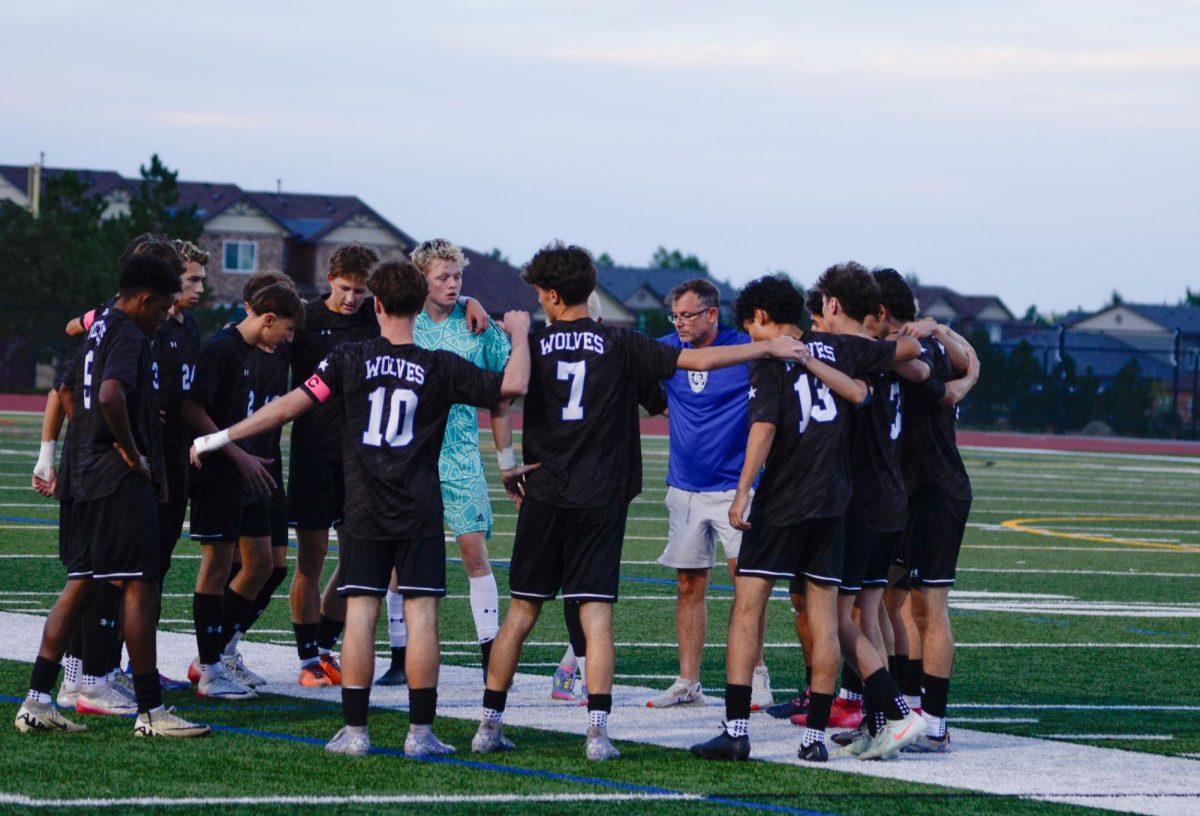
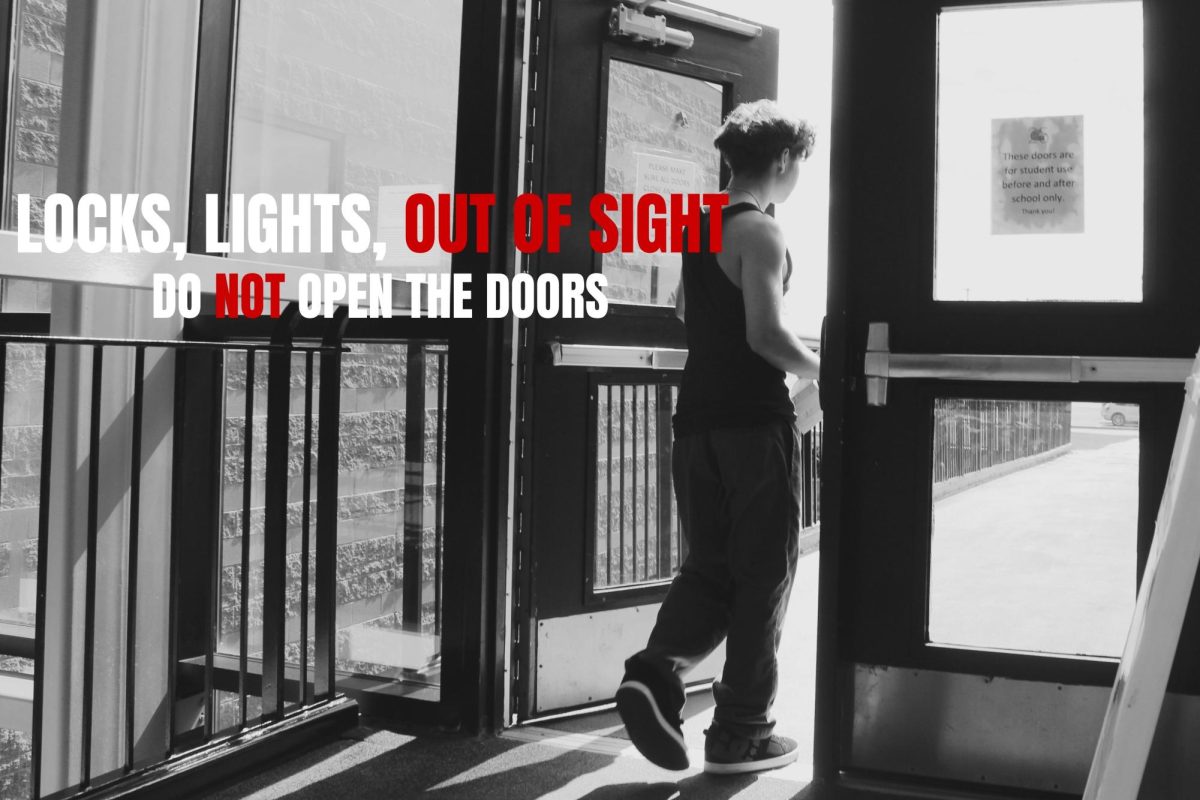
![A Vest Won’t Protect You [OPINION]](https://ghschronicle.com/wp-content/uploads/2025/09/KoltonZuckerVestPosterOffWhite.png)
